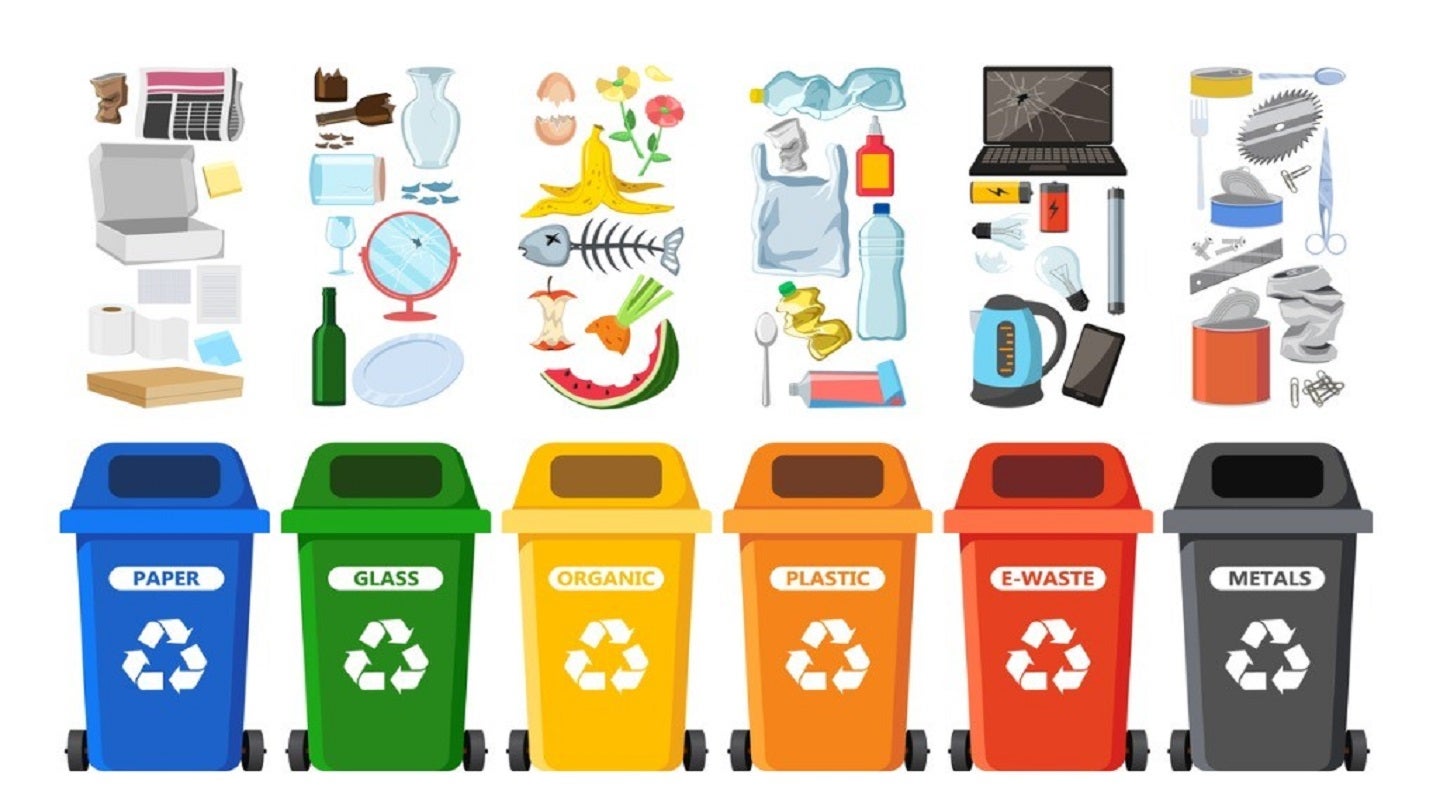
A report published by The University of Manchester’s One Bin to Rule Them All project team has called for a dramatic overhaul in the UK’s recycling system to tackle the plastic waste crisis.
The ‘Tackling Household Plastic Waste: Best Practice for a Circular Plastics Economy’ report is the result of a three-year £1.5m interdisciplinary project.
As part of the project, the university team and a consortium of more than 25 industry partners conducted a comprehensive study on 30 diverse households in Greater Manchester.
The study found a lack of standardisation across the plastics supply chain, one of the factors in the UK’s failure to transition to a circular economy.
The report also attributed the lack of consistency in plastic packaging composition and messaging around recycling practices as the reason for the low recycling rate in the UK.
This was further intensified by the differences in recycling practices between different local authorities.

US Tariffs are shifting - will you react or anticipate?
Don’t let policy changes catch you off guard. Stay proactive with real-time data and expert analysis.
By GlobalDataAuthors of the report trialled the introduction of a ‘one bin’ system to address the issue, where households can discard all plastic waste into one bin instead of sorting it into different receptacles.
Following this trial, the University of Manchester, Sustainable Consumption Institute social science researcher and lead report author Dr Helen Holmes highlighted the need to prioritise targeted standardisation and consistency in three areas namely materials, infrastructure and messaging.
Holmes said: “Our research shows that there exists a strong desire amongst most consumers to recycle properly – yet they are limited by a combination of unclear messaging and the complexity of the system. Compounding this, it is a postcode lottery as to what sorts of packaging can or cannot be recycled in a specific area, with capability and capacity varying at waste processing plants across the country.
“A ‘one bin’ system, supported by the introduction of clearer rules on material composition for producers and targeted investment in waste infrastructure for plastic recycling, could play a huge role in simplifying the process.
“Our analysis has also involved exploring the relative sustainability of different forms of plastic packaging and mapping out the best pathways for processing them. The implications for industry and policymakers are clear – we need greater standardisation and consistency across manufacturing and processing.”



